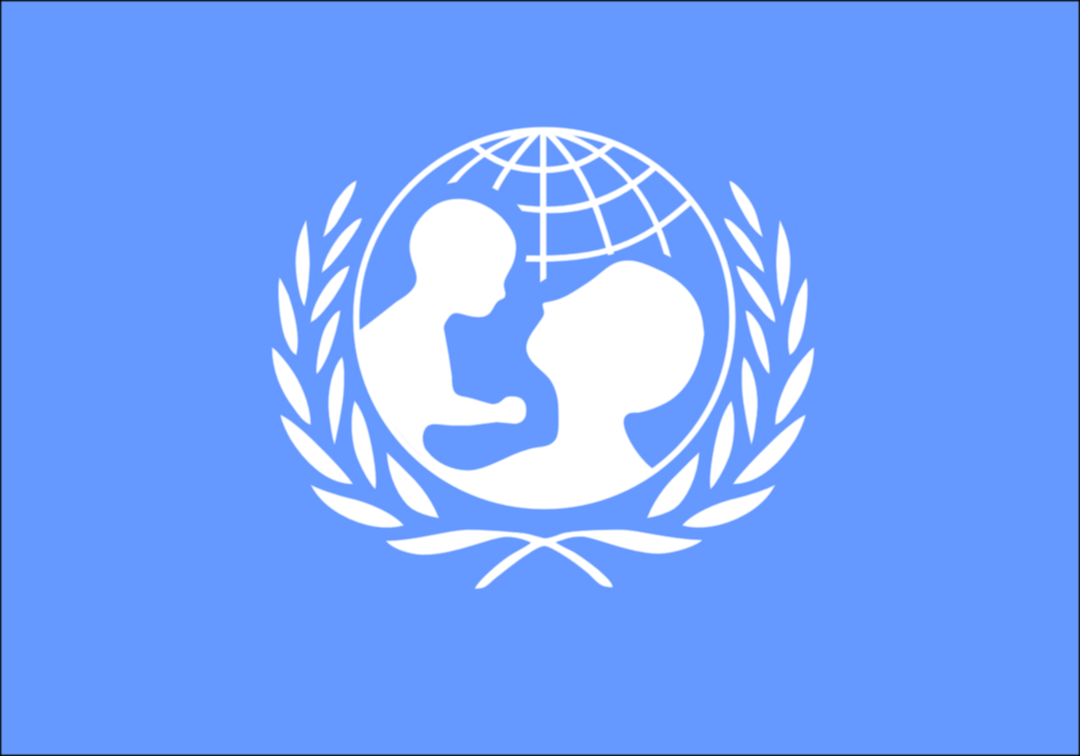-
UNICEF: Young people rethinking parenthood in future due to climate change

A global poll by the United Nations’ Children’s Fund (UNICEF) revealed that climate change has made young people across the world reconsider their future plans for parenthood, underlining their uncertainty about the future of the planet.
Published on Wednesday at the COP27 climate conference in Sharm el-Sheikh Egypt, the findings revealed that that nearly half of young Africans are now rethinking their plans to eventually have children someday.
Youth in the Middle East and North Africa (44 percent) and Sub-Saharan Africa (43 percent) accounted for the highest rate increase than youth from other regions. More than other young people globally, they reported that they were beginning to feel the direct impact of climate change through shocks which have affected their access to food and water, as well as their family’s income.
More than 243,500 young people from 163 countries took part in UNICEF’s U-Report throughout July and August this year. U-Report is a digital platform that supports youth engagement on program priorities, emergency response and advocacy action.

“The impacts of climate change are with us now, but they are far more than floods, droughts and heatwaves. They extend to our very sense of hope,” said Paloma Escudero, head of UNICEF’s COP27 delegation.
“Especially in Africa, young people are seeing the impact these shocks are having on themselves and those they love, and it is changing their plans for the future. But it doesn’t have to. At COP27, world leaders must listen to this anxiety from young people and take immediate action to protect them.”
Boris Johnson warns against climate change ‘defeatism’
Globally, more than half of the poll’s respondents said they have experienced either drought or extreme heat. One in four young people experienced flooding, air pollution, and said that their family’s income source was impacted by climate change.
Other findings included three in five saying they have considered moving to another country or city due to climate change, 70 percent of whom were respondents based in the Middle East and North Africa.
Particularly worrying was that two in five said they had less food to eat. The highest percentage of young people reporting this impact were based in Sub-Saharan Africa (52 percent).
UNICEF urged businesses and governments to rapidly reduce emissions and take immediate action to protect children from climate devastation by adapting the crucial social services they rely on.
Study: Ocean warming rates to quadruple by 2090 if climate change not mitigated
“There is a lot of talk about policy decisions, but that is not what is at stake here at COP27,” said Escudero.
“This survey makes it clear young people’s futures are up in the air – whether they have children, whether they leave their countries, how well they survive the dangers they face. For their sake, success at COP27 must be measured by the delivery of long-promised financing to help communities adapt and the development of solutions to respond to loss and damage.”
A survey by The Lancet last year revealed that 39 percent of the 10,000 global respondents were hesitant to have children.
Source: alarabiya
You May Also Like
Popular Posts
Caricature
BENEFIT Sponsors Gulf Uni...
- April 17, 2025
BENEFIT, the Kingdom’s innovator and leading company in Fintech and electronic financial transactions service, has announced its sponsorship of the “Innovation and Sustainable Technology Solutions Competition (GU - IST Solutions), hosted by Gulf University at its main campus.
This strategic sponsorship reflects BENEFIT’s active role in advancing technological innovation and fostering sustainable solutions to future challenges. It also seeks to empower Bahraini youth by enhancing their skills, capabilities, and competitiveness in innovation and solution development—contributing meaningfully to the broader goals of sustainable development across all sectors.
As part of BENEFIT’s active involvement in the competition, the company has announced that Hanan Abdulla Hasan, Senior Manager of Public Relations and Communication, will serve on the competition’s supervisory committee. Her upcoming participation reflects BENEFIT’s forward-looking commitment to championing academic and professional excellence.
Commenting on the occasion, Hanan Abdulla Hasan, Senior Manager of Public Relations and Communication at BENEFIT, said, “We are privileged to support this pioneering initiative, which aligns seamlessly with BENEFIT’s enduring commitment to fostering innovation and nurturing the potential of Bahrain’s youth. Our participation is rooted in a deep sense of social responsibility and a firm belief in the pivotal role of innovation in shaping a sustainable future. Through such platforms, we seek to empower the next generation with the knowledge, skills, and foresight required to develop impactful solutions that address future challenges, in line with the United Nations Sustainable Development Goals 2030.”
Dr. Aseel Al Ayash Dean of the College of Engineering in Gulf University commented, “We extend our sincere gratitude to BENEFIT for their generous sponsorship and support of the Innovation and Sustainable Technology Solutions Competition. This contribution plays an instrumental role in helping us achieve the strategic goals of this initiative, namely, cultivating a culture of innovation and sustainability, encouraging efforts that address the imperatives of sustainable development, and enhancing the practical and professional capabilities of our students and participants.”
The event will bring together a diverse spectrum of participants, including secondary school students, university undergraduates, engineers, industry professionals, entrepreneurs, academic researchers, and subject matter experts representing a wide range of disciplines.
The competition seeks to inspire participants to develop and present innovative, sustainable technologies aimed at addressing pressing environmental, social, and economic challenges. It encourages the formulation of business models that integrate advanced technological solutions with core principles of sustainability. Moreover, it serves as a platform for emerging leaders, entrepreneurs, and innovators to contribute to the advancement of the Sustainable Development Goals, promote the ethos of responsible technology, and demonstrate its transformative potential across various sectors.
Attendees will have the opportunity to view a series of project presentations submitted by participants, covering diverse areas such as eco-friendly product design, smart and sustainable innovations, renewable energy technologies, water conservation and management, waste minimisation and recycling, green architectural solutions, and sustainable transportation systems. Outstanding projects will be formally recognised and awarded at the conclusion of the event.
opinion
Report
ads
Newsletter
Subscribe to our mailing list to get the new updates!






















